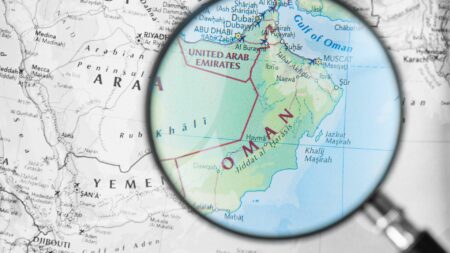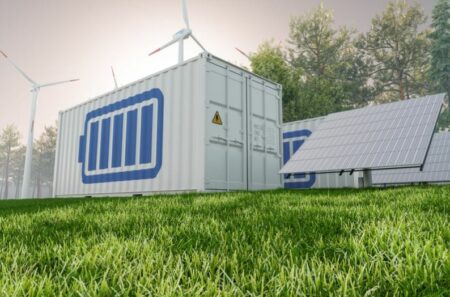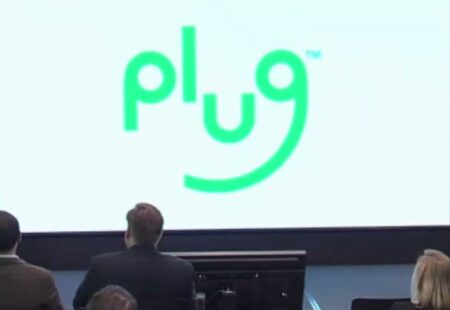The Middle East and North Africa may have a role to play in supplying Germany and Europe with hydrogen and synthetic fuels made from renewable sources, according to a study by the German Aerospace Center (DLR), Wuppertal Institute and Institute for Future Energy and Material Flow Systems (IZES).
The findings demonstrate the great potential and practicality of production in the MENA (Middle East and North Africa) region. In addition to renewable resources, investment risks—and hence a wide range of boundary conditions in potential export countries—have a considerable impact on production costs. Synthetic fuels are crucial for achieving aggressive climate protection targets and lowering CO2 emissions in the transportation sector. They are created by combining carbon from the air with renewable energy sources like electricity and hydrogen.
For the study, the researchers conducted a first-ever high-resolution analysis of the whole MENA area. To do this, they divided the region into numerous smaller ones and assessed each one separately. The authors’ modeling and integration of the whole synthetic fuels production chain into their calculations is another novel development. The storage of hydrogen and energy was also taken into account.
They are important and useful for maintaining the stability and economic efficiency of the entire system when using renewable and erratic resources. In contrast to earlier research, MENA-Fuels evaluates the hazards specific to each of the 17 countries in this region while also considering technological and economic factors. This includes analyses of the available resources, the political environment, and the investment framework.
The MENA region has a very high potential for the development of renewable energies, with an annual total of more than 400,000 terawatt hours. This is especially true when using concentrated solar power (CSP) and photovoltaics to harness solar energy. Synthetic fuels and hydrogen production have significant potential. This holds true even after accounting for the MENA countries’ long-term self-consumption of renewable energy. The export potential might outstrip the German demand for synthetic fuels by a factor of 60 to 1,200, depending on the development scenario adopted (negative, conservative, or positive).
There is a lot of potential for creating synthetic fuels at low cost in almost all MENA nations. The manufacturing costs at the cheapest locations might range from 1.92 to 2.65 euros per liter in 2030 and from 1.22 to 1.65 euros per liter in 2050. For these numbers, the researchers predicated medium-range investment costs and an improvement in investment conditions. Even under unfavorable investment conditions, the export potential of synthetic fuels, which may be manufactured for less than two euros per liter, is approximately 28,000 terawatt hours by 2050. In this instance, it would primarily originate from nations with strong technical potential and stable political environments. If the investment environment improves,
For the evaluation of the export potential, the investment climate is just as important as the production costs. The total costs and potential choice of export nations are significantly impacted by taking into account potential investment hazards.
Additionally, the regional expansion of renewable energies in the MENA region itself is a requirement for the export of synthetic fuels in any scenario. Currently, the expansion goals of the majority of MENA countries do not yet take into account such magnitudes and the essential expansion dynamics. In addition to increasing renewable energy production on an industrial scale, synthetic fuel manufacturing would need to be greatly increased. In an ideal world, domestic production and export support and strengthen one another.








